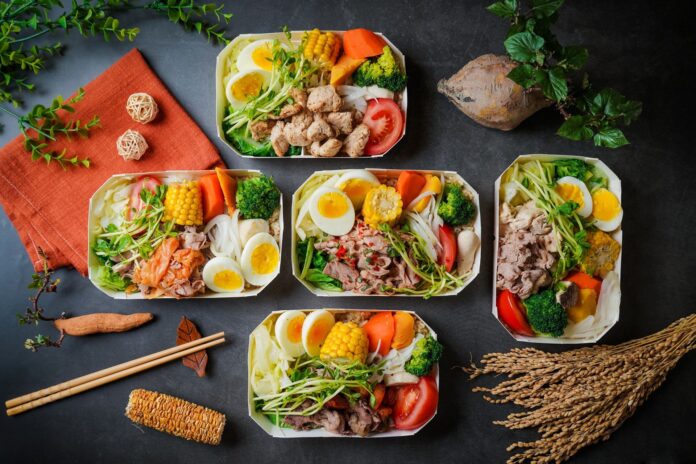Food is more than mere sustenance. It is a passion that brings people together and serves as a medium for self-expression that engages our senses. For culinary enthusiasts, cooking is an art form that requires imagination, experimentation, and a profound understanding of ingredient science. It is a captivating journey that can transport us to far-flung corners of the world and unlock the depths of our creativity. In this article, we will delve into the enchanting aspects of remarkable recipes, the science that underlies cooking, and the significance of passion and dedication in the culinary arts.
Let’s begin by exploring the science of cooking. Every recipe involves a series of chemical reactions that transform ingredients into something delightful and delectable. For instance, when flour, water, and yeast are combined, a chemical reaction occurs, generating carbon dioxide that causes the dough to rise. Similarly, cooking meat involves heat breaking down proteins and fats, resulting in the release of flavours and aromas that tantalise your taste buds. Understanding these chemical reactions is crucial for crafting dishes that not only taste great but also visually captivate and provide nutritional balance.
Another fundamental element in cooking is the art of flavour balance. A successful recipe achieves a harmonious equilibrium among sweetness, saltiness, bitterness, sourness, and umami. Each flavour contributes uniquely to the creation of a palate-pleasing taste profile. For example, sugar brings sweetness, salt enhances savoury notes, bitterness adds complexity, sourness imparts a tangy dimension, and umami delivers depth and richness to dishes. Mastering the art of flavour balance demands years of practice and a spirit of experimentation.
The use of fresh and high-quality ingredients is paramount in the creation of exceptional recipes. Whether it’s vegetables, meat, or spices, employing fresh ingredients can make an extraordinary difference. Fresh ingredients are more flavoursome and nutritious compared to their processed counterparts. They infuse dishes with depth and complexity that processed ingredients simply cannot replicate. To achieve culinary excellence, it is essential to always opt for fresh and high-quality ingredients.
Passion and dedication are also indispensable in the culinary arts. Cooking goes beyond following recipes; it is a means of self-expression through food. Each dish we prepare becomes an extension of our personality, creativity, and vision. Without passion, our dishes lack soul and character. Conversely, when we invest our passion and dedication into every culinary creation, it shines through in the final result.
Cooking is also a realm of experimentation and creativity. Exceptional chefs are always exploring novel ingredients, techniques, and flavour combinations. They fearlessly take risks and embrace the unknown. By venturing into uncharted culinary territory, experimenting with diverse ingredients and techniques, we can craft unique dishes that are truly our own. Creativity also involves pushing boundaries and challenging traditional culinary norms. The culinary arts are constantly evolving, and it is our duty as food enthusiasts to venture into new frontiers and uncover novel flavours.
Presentation holds great significance in the realm of extraordinary recipes. The visual presentation of a dish can drastically impact its perception. Even the simplest ingredients can be elevated to gourmet status through meticulous plating. Presentation is not merely about aesthetics; it also serves to enhance the flavours and textures of a dish. For instance, a well-placed garnish can introduce vibrant colours and flavours to a plate, while contrasting textures, such as crunchy croutons or creamy sauces, can elevate the overall sensory experience.
Lastly, the magic behind fantastic recipes lies in the love and care invested in each dish. Cooking is an act of love, and when we infuse our culinary creations with heart and soul, it becomes evident.





